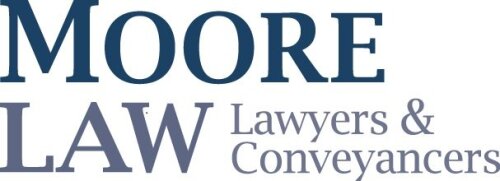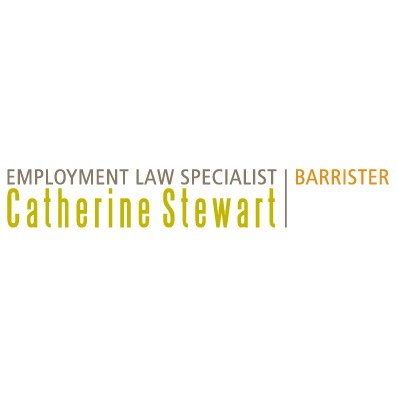Best Pension Lawyers in Auckland
Share your needs with us, get contacted by law firms.
Free. Takes 2 min.
List of the best lawyers in Auckland, New Zealand
About Pension Law in Auckland, New Zealand
In Auckland, New Zealand, pensions laws govern retirement plans and secure the financial futures of individuals when they retire. They follow the broader New Zealand Superannuation (NZS), which is a universal state pension scheme disbursed at a maximum rate for those aged 65 and over and have lived in New Zealand for at least 10 years after the age of 20. Pension laws also monitor and regulate private pension plans effectively ensuring standard practice and the security of the individuals' contributions over the years.
Why You May Need a Lawyer
Legal assistance is often sought in areas of pension such as interpretation of pension laws, ensuring that the pension rights are not infringed upon, and assistance in cases of disputes arising out of the non-payment, late payment, or underpayment of pensions. You may also require representation in court when challenging decisions related to your pension benefits. Legal professionals can also guide on tax implications related to pension benefits and can ensure your pension plan is compliant with the relevant rules and regulations.
Local Laws Overview
The key aspects of local pension laws in Auckland fall under the New Zealand Superannuation Act 2001. The Act stipulates the age and residency qualifications for pension entitlement. Furthermore, it addresses concerns like rates of superannuation and veteran’s pension, adjustments to married person rates, and responsibilities for dependent children. Also, it highlights the legislative treatment of income and cash assets and how they influence the pension payouts.
Frequently Asked Questions
1. When can I claim my pension in Auckland?
In Auckland, and the broader New Zealand, you can claim your NZ Superannuation when you turn 65 and have lived in the country for at least 10 years after the age of 20.
2. Are there tax implications for my pension payouts?
Yes, pension payments are treated as a regular income and are thus subject to income taxation according to the IRD’s (Inland Revenue Department) regulations.
3. Can I get legal help if my pension rights are violated?
Yes, lawyers specializing in pension law can provide legal assistance if you believe your pension rights have been violated.
4. What if my employer doesn't contribute to my pension fund?
If you are on an employment scheme that involves the employer contributing to your pension, and this is not done, legal help can be sought to address this.
5. Can I appeal if I think my pension payments are incorrect?
Yes, you have the right to appeal if you believe there are inaccuracies in your pension payouts.
Additional Resources
The Work and Income department of the Ministry of Social Development provides a wealth of information on NZ Superannuation. The Commission for Financial Capability, likewise, provides valuable resources relating to retirement preparation and pensions. Legislation.govt.nz is a helpful site to check for updates and specifics of laws pertaining to pensions.
Next Steps
If you need legal assistance with pension issues, it's advisable to contact a lawyer specializing in pension law. They can explain your rights and obligations, guide you on the necessary steps, represent you in disputes, or help you navigate the complex legal landscape of pensions in Auckland, New Zealand.
Lawzana helps you find the best lawyers and law firms in Auckland through a curated and pre-screened list of qualified legal professionals. Our platform offers rankings and detailed profiles of attorneys and law firms, allowing you to compare based on practice areas, including Pension, experience, and client feedback.
Each profile includes a description of the firm's areas of practice, client reviews, team members and partners, year of establishment, spoken languages, office locations, contact information, social media presence, and any published articles or resources. Most firms on our platform speak English and are experienced in both local and international legal matters.
Get a quote from top-rated law firms in Auckland, New Zealand — quickly, securely, and without unnecessary hassle.
Disclaimer:
The information provided on this page is for general informational purposes only and does not constitute legal advice. While we strive to ensure the accuracy and relevance of the content, legal information may change over time, and interpretations of the law can vary. You should always consult with a qualified legal professional for advice specific to your situation.
We disclaim all liability for actions taken or not taken based on the content of this page. If you believe any information is incorrect or outdated, please contact us, and we will review and update it where appropriate.
















